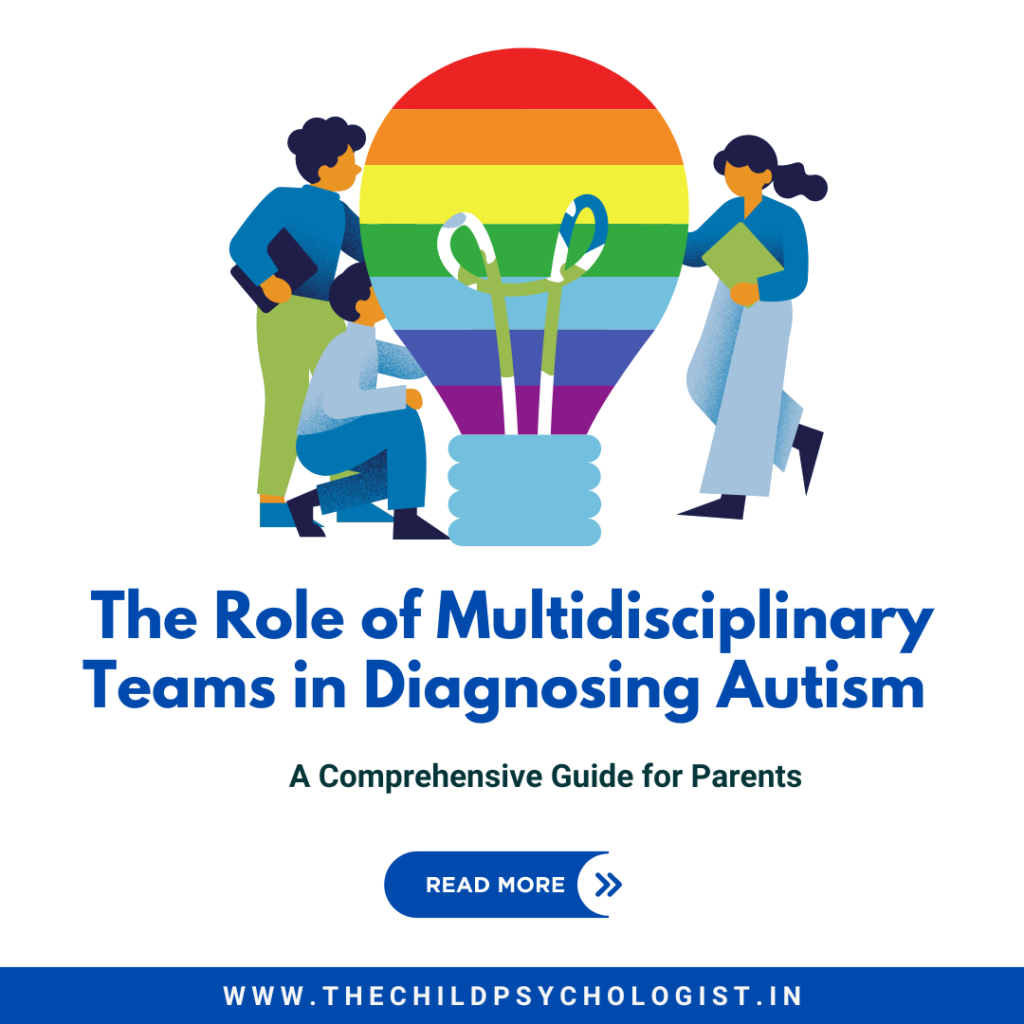Instead of “How was your day?”
Asking children “How was your day?” often results in one-word answers like “Good” or “Fine.” To foster more meaningful conversations and encourage your child to share their experiences, it’s important to ask open-ended questions that spark dialogue. In this blog, we will explore alternatives to “How was your day?” that promote deeper communication and strengthen […]
Instead of “How was your day?” Read More »









